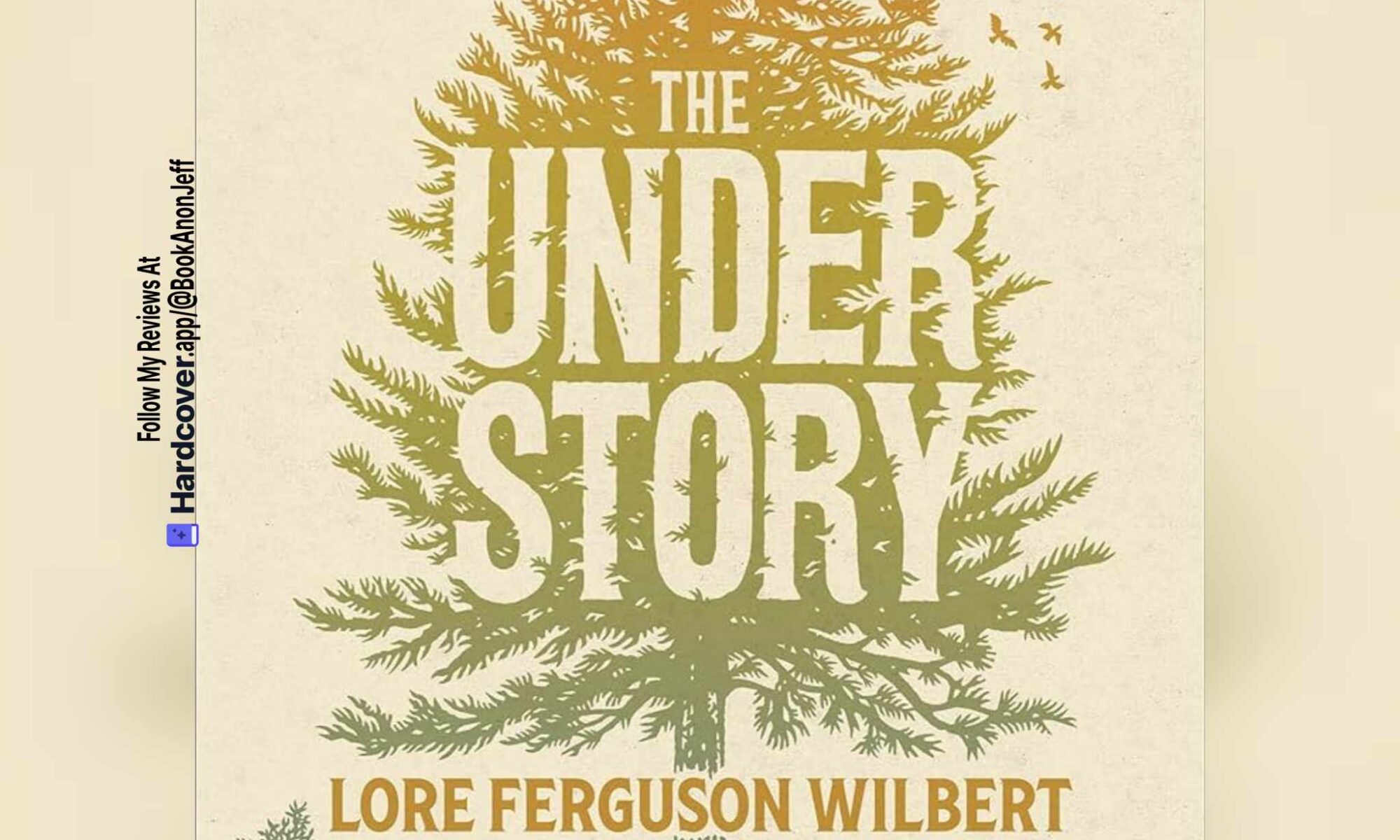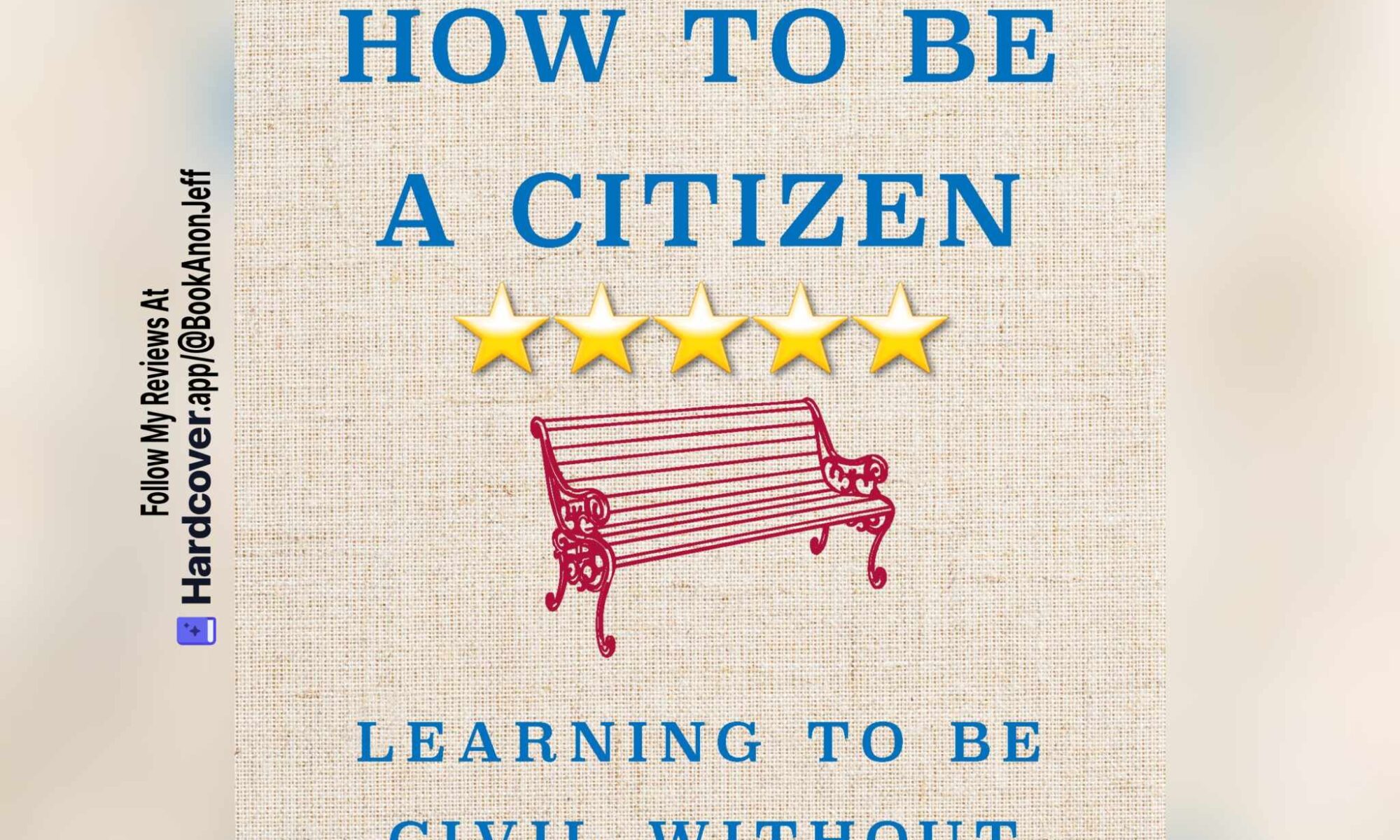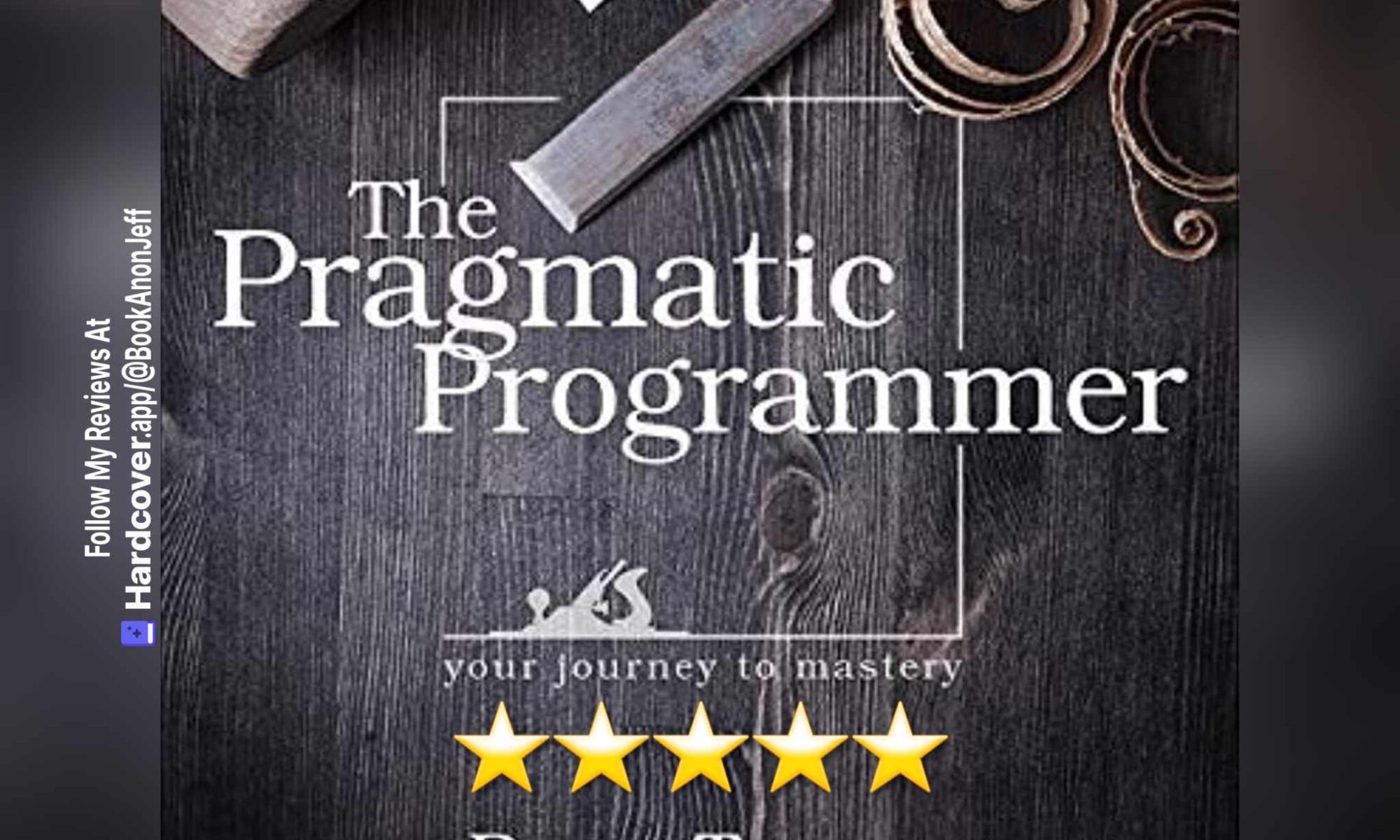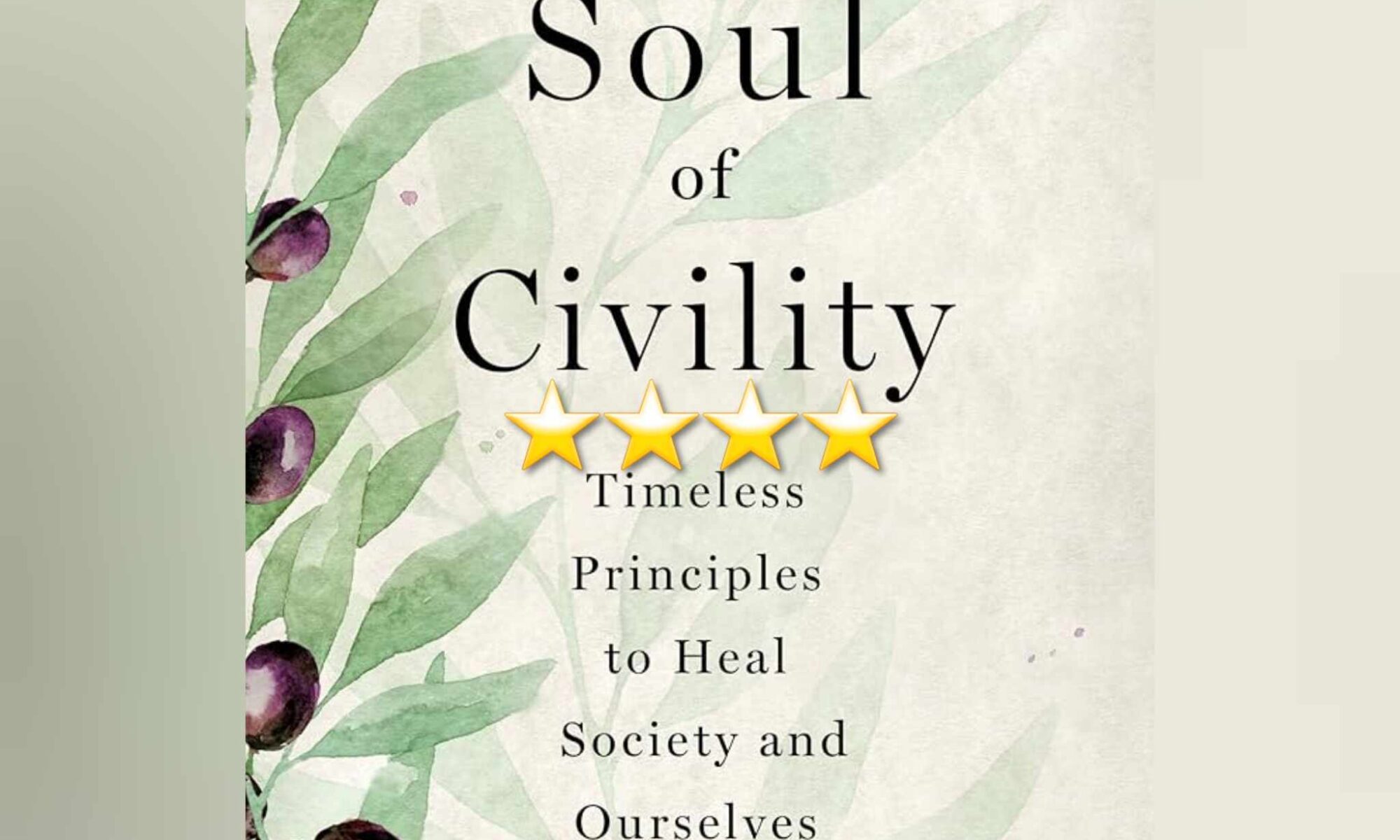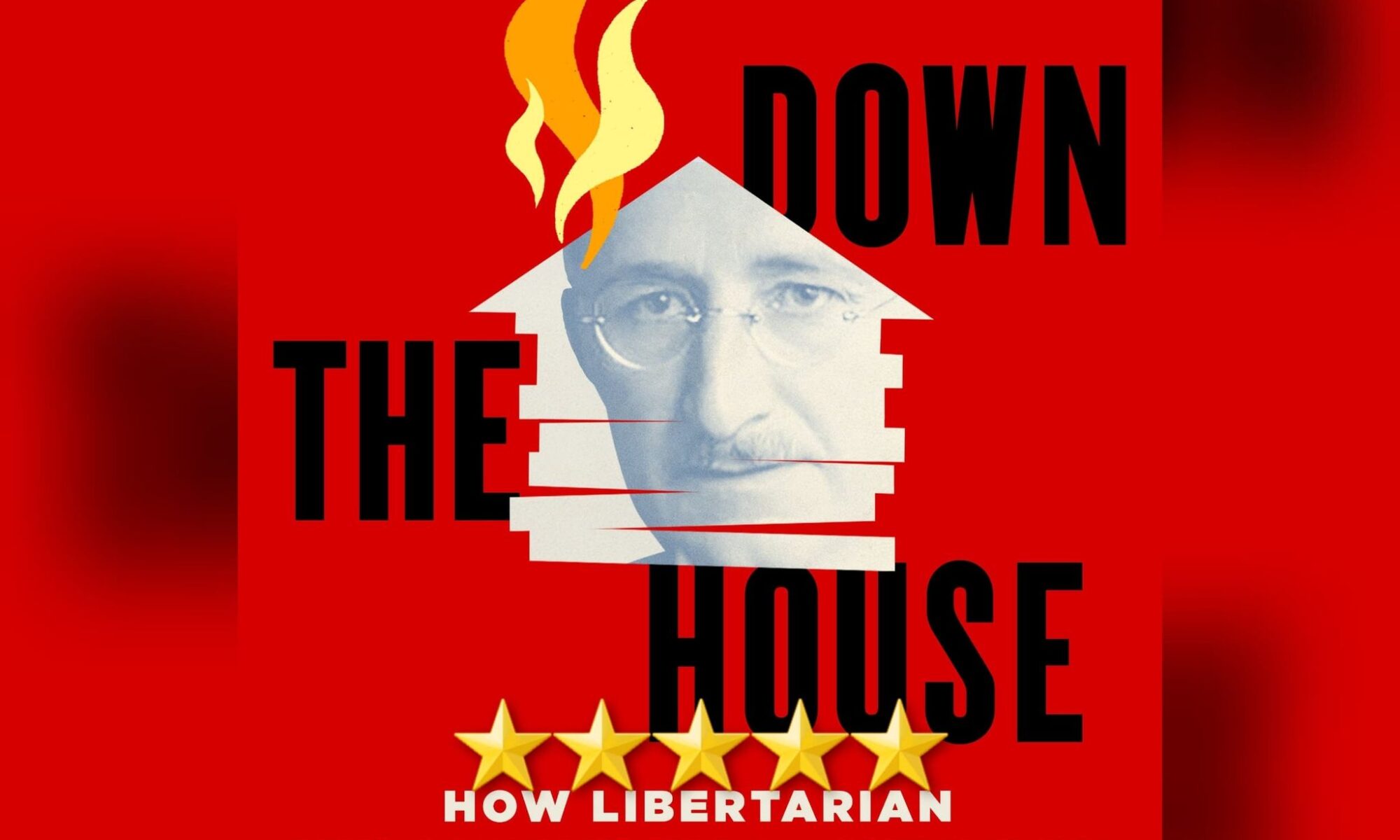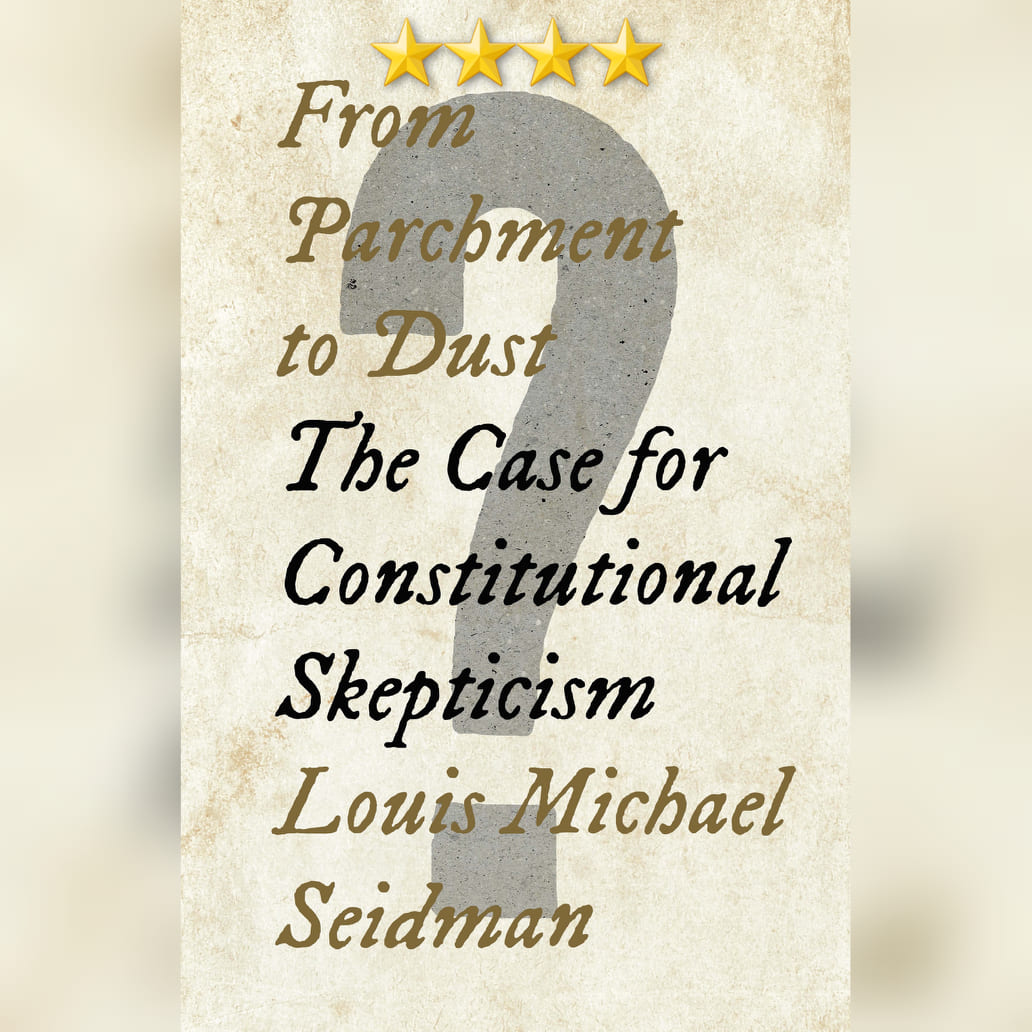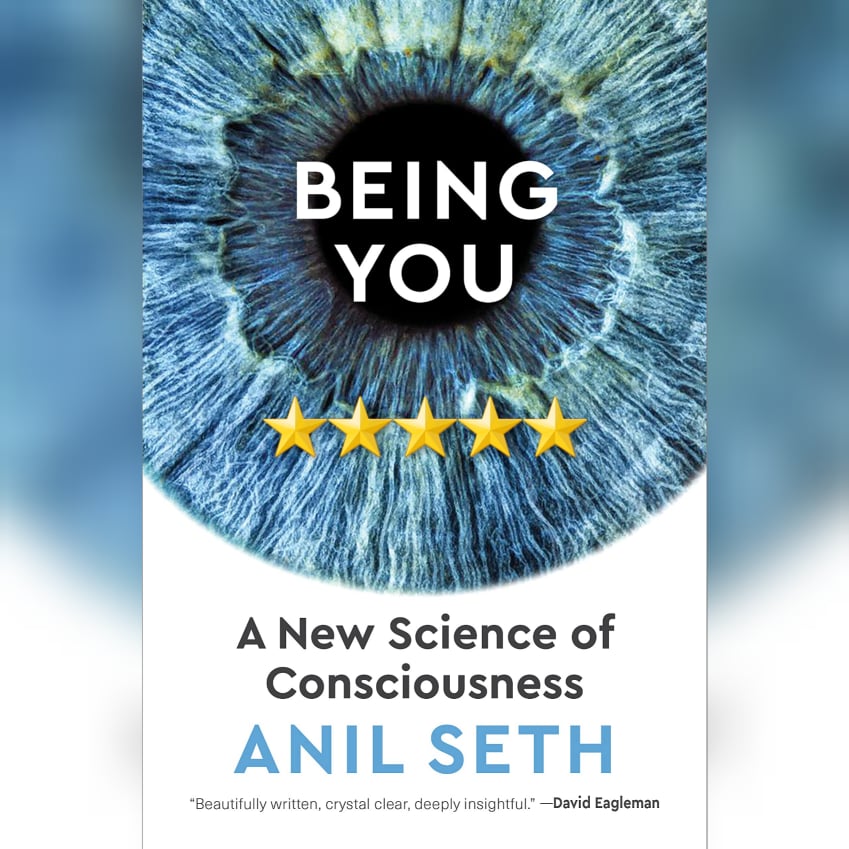Better Sipped Than Shot, Intense Political “Flavor” Means Taste Will Vary With Reader. There are times when you’re drinking (even non-alcoholic beverages) where you just plow through them. Maybe it is your first coffee of the day and you need that caffeine NOW! Maybe it is a hot summer day and that glass of lemonade disappeared *real* quick. Or maybe you just broke up with your significant other, and yeah, that tequila hit the spot.
A lot of books are like this. Action thrillers where reading at a frenetic pace to match the action being shown is part of the fun, for example.
This… is not that book.
This, instead, is one of those fine bourbons where you’re going to lose a lot of the nuance if you shoot it down too fast. One of those women’s fiction tales that feels like it is taking forever to have any real plot at all, but feels so *immersive* in the tale even still. One of those quasi-memoir/ quasi-religious pondering books (exactly what this is) where you really need to, as Wilbert did in taking inspiration for the overall narrative here, sit at your window and ponder the forest outside.
Read in such a manner, Wilbert’s struggles are more understandable and even relatable, as you consider your own similar struggles – and here, the things Wilbert struggles with really are things most all of us do at some level. The overarching forest narrative is a genuinely good guide for such contemplation, at least as Wilbert has written it here.
But what could ruin the taste – or make it truly exquisite – is the intense politics that are never far from the narrative, to the point that if there isn’t a political comment on *every* page, it certainly feels like at least some comment is made on at least the *majority* of pages. And yes, Wilbert’s politics are, to put it mildly, “left of center”. So know that going in.
This noted, where Wilbert eventually arrives… is a place we all probably need to, even if, again depending on your own political tastes, perhaps she arrives there a bit condesceningly.
Overall an intriguing read that truly urges us to slow down in this hectic world, it is one that we should all likely ponder – though I suppose few enough actually will.
Very much recommended.
This review of The Understory by Lore Ferguson Wilbert was originally written on May 25, 2024.

